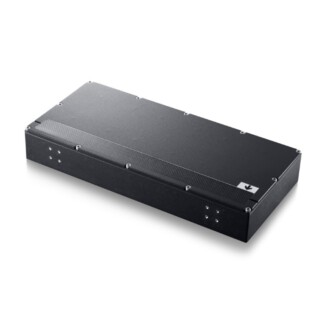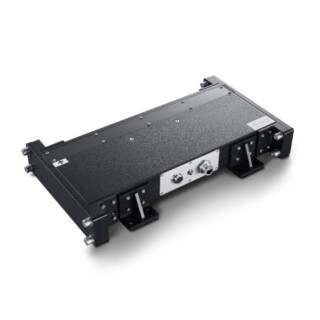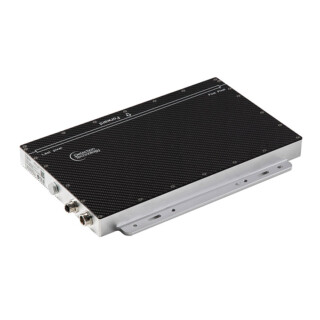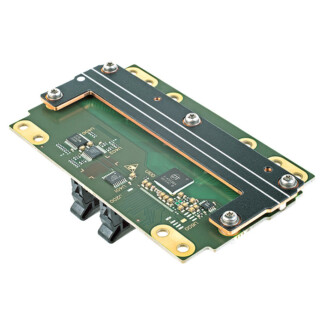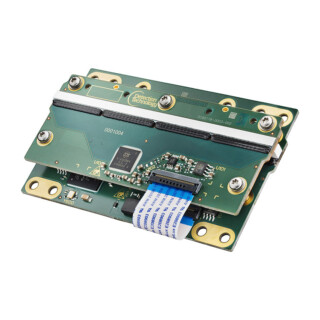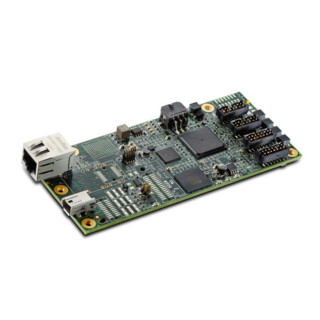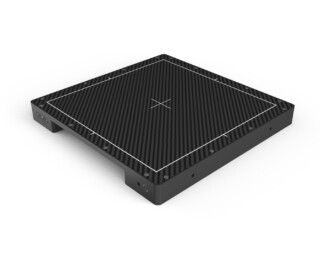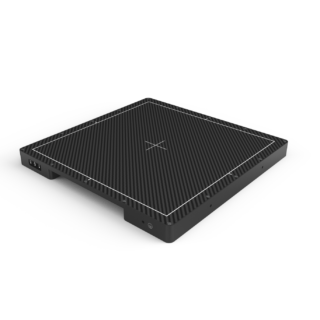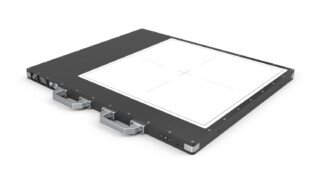This website uses cookies so that we can provide you with the best user experience possible. Cookie information is stored in your browser and performs functions such as recognising you when you return to our website and helping us to understand which sections of the website you find most interesting and useful.
Internal control and risk management
The Board’s responsibility is to organize the internal control in the company. The aim of the internal control is to ensure the effectiveness and profitability of the actions, the reliability of information and compliance with rules and regulations. Internal control is part of the daily management of the company.
The control system is based on group-level policies, guidelines and processes, and the control of business operations and support processes. An operating culture is being built by the steering and control of the company’s operations by the Board of Directors, the management methods of the company’s management, the company’s organizational structure and management system, the effective utilization of the global information system and employee competence.
The company has arranged internal control using an external auditor. The Audit Committee oversees the activities within internal control. In practice, internal control is done by the Financial Department under the supervision of the CFO. The goal is to make sure that the whole Group has similar financial control, administration and accountancy policies.
Risk management
The Board has confirmed the risk management principles for Detection Technology. The company’s risk management supports the achievement of strategic goals and ensures the continuity of business operations.
The goal of risk management policies is to identify and evaluate risks and plan for risk mitigation. Such actions may include avoiding risks, mitigating risks by different means or transferring risk by insurance or agreements. When necessary, the Board of Directors is informed about all material changes and new significant risks that are identified.
Risk assessment in financial reporting
The Financial Department operating under the CFO is responsible for the general control of financial reporting. The Group follows Finnish Accounting Standards (FAS). Financial reporting is based on the information gathered from business and administrative operations and data provided by information systems. The Financial Department determines the necessary control activities for financial reporting processes, which include various rules, process descriptions, reconciliations and analyses, which are done to ensure the validity of reported information.








